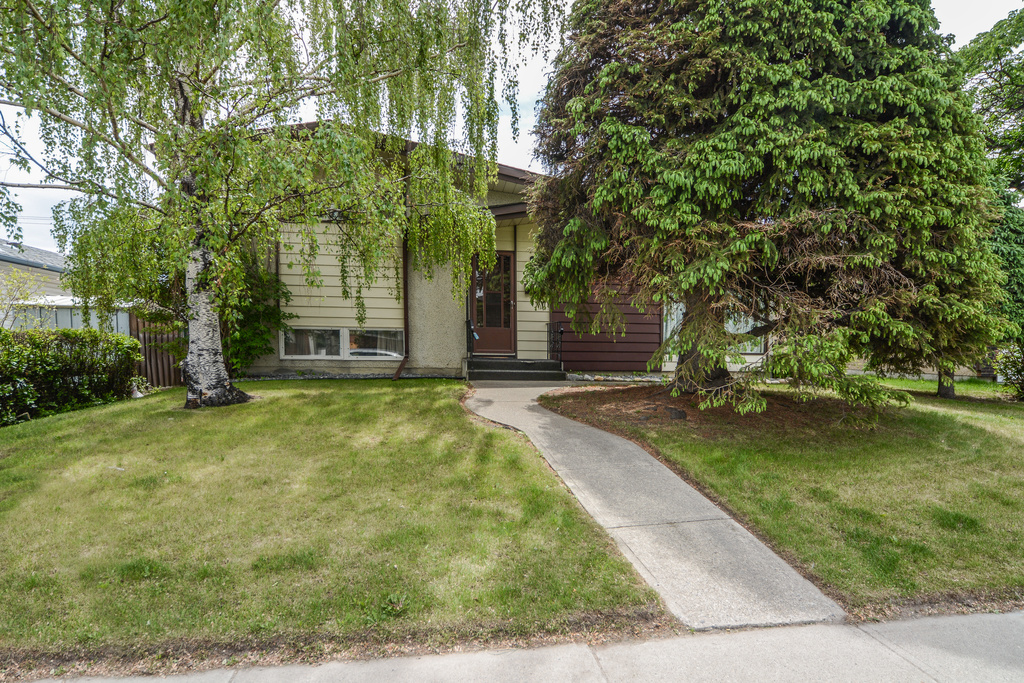Should I use cash or credit? A variable rate loan or fixed rate? Ten percent down or twenty percent? Should I pay down debt or keep a cash reserve? These are all good questions, and here are some of the answers.
Cash vs. Credit: The Concept of Leverage
In order to understand real estate financing, it is important that you understand the time value of money. Because of inflation, a dollar today is generally worth less in the future. Thus, while real estate values may increase, an all-cash purchase may not be economically feasible or wise, since the investor’s cash may be utilized in more effective ways. Leverage is the concept of using borrowed money to make a return on an investment. Let’s say you bought a house using all of your cash for $100,000. If the property were to increase in value 10% over 12 months, it would now be worth $110,000. Your return on investment would 10% annually (of course, you would actually net less, since you would incur costs in selling the property).
If you purchased a property using $10,000 of your own cash and $90,000 in borrowed money, a 10% increase in value would still result in $10,000 of increased equity, but your return on your invested cash is 100% ($10,000 investment yielding $20,000 in equity). Of course, the borrowed money isn’t free; you would have to incur loan costs and interest payments in borrowing the money. However, you could also rent the property in the meantime, which should offset the interest expense of the loan.
Taking leverage a step further, you could purchase ten properties with 10% down and 90% financing. If you could rent these properties for breakeven cash flow, you would have a very large nest egg in 20 years, when the properties are paid off. Balance that with what you could make by investing the cash flow from one free and clear property for 20 years. And, of course, look at the potential risk of negative cash flow from repairs and vacancies on ten properties. Finally, consider the tax implications – if you have cash flow, you have taxable income; if you have an increase in equity, there’s no tax (capital gains) until you sell.
Cash Flow vs. Cash Reserves
On a similar note, the size of your down payment will affect your cash flow on rental properties. Let’s consider two examples.
Example 1: $100,000 property with $20,000 down. $80,000 loan @ 6% interest, including taxes and insurance is about $600/month. Assuming you could rent the property for $800/month, you have $200/month cash flow or $2,400/year. Not bad.
Example 2: $100,000 with no money down. $100,000 loan @ 8% (higher rate is generally common for zero-down/cash-back loans) would make your payments closer to $900/month. With zero down, you have $100/month negative cash flow.
Which is better? Well, it depends on what your goals are and what the rest of your financial picture looks like. Let’s say your goal was to hold the property for 10 years. In the first example, you have $200/month cash flow, but no cash reserve. In the second example, you would have $100/month negative cash flow, but you have $20,000 in reserve. The knee-jerk reaction of some people is that example #1 is safer. But is it really?
Think about it… in the first example, if your property becomes vacant for one month, you’d be out of pocket $600. It would take three months to make that up. In the second example, you have $20,000 in cash cushion to make up the deficit. With $20,000 in the bank, you could handle $1200/year negative cash flow for 16 years. If the property were in an appreciating market, you’d come out fine, even with negative cash flow. Another factor is the choice of mortgage. You could buy a property with nothing down and an interest-only loan fixed at 5% for three years. If your exit strategy is a lease/option that should cash you out within 36 months, why do a fixed-rate traditional loan?
The point here, is that you should not automatically go with traditional fixed-rate financing. Nor should you seek positive cash flow as the only goal. Likewise, you should not buy properties with nothing down and negative cash flow and assume that short-term market appreciation will be the only source of your profit.
Paying Down Debt
For years, our parents’ generation discouraged debt as a “very bad” thing. For some investors, the goal is to own properties “free and clear,” that is, with no mortgage debt. While this is a worthy goal, it does not always make financial sense. If you have free and clear properties, you will make a certain amount of cash flow and pay a certain amount of income tax. If you need more cash, you are forced to sell the asset, creating a taxable gain.
If you refinance a property, there’s no taxable event. And, since mortgage interest is a deductible expense against income from the property, the investor does better tax-wise by saving his cash. Think about it… the higher the monthly mortgage payment, the less cash flow, the less taxable income each year. While positive cash flow is desirable, it does not necessarily mean that a property is more profitable because it has more cash flow. More equity will obviously increase monthly cash flow, but it is not always the best use of your money. On the other hand, paying down debt may make sense if you can’t get a higher return elsewhere in the market. Also, if paying down debt can have other rewards, such as bringing a loan below 80% LTV, you may be able to avoid paying mortgage insurance and save additional money.
In Short, Don’t Rely on Assumptions… Do the Math!


